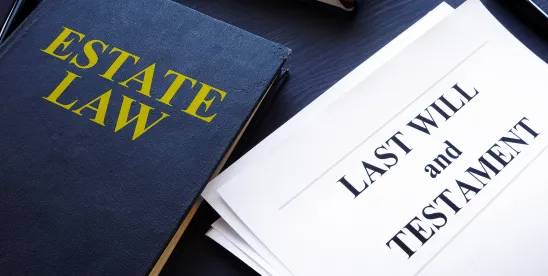In Suday v. Suday, the executor was also the sole beneficiary of her mother’s estate. No. 24-1009, __ Tex. LEXIS __ (Tex. June 27, 2025) (per curiam). She engaged in substantial litigation seeking to challenge her parents’ divorce decree and property distribution. While her appeal was pending in the court of appeals, the executor’s attorney withdrew. The court of appeals notified her that she could not represent her mother’s estate pro se and extended her briefing deadline to allow her time to secure new counsel. When the executor did not obtain counsel for the estate, the court of appeals dismissed the appeal for want of prosecution.
The Texas Supreme Court reversed. It assumed without deciding the correctness of the general rule, that an estate’s executor may not represent the estate pro se. However, the Court held that that rule would not apply in this case because the executor was also the sole beneficiary. The Court noted that the logic underlying the general prohibition is that an executor serves in a representative capacity, thereby requiring her to represent the rights of third parties. But when there are no other parties with an interest in the estate, the executor represents only her own rights. In this situation, The Court held that the right to self-representation outweighs any competing concerns. Accordingly, the Court reversed the court of appeals’ judgment and remanded the case to the court of appeals to address the remaining issues on the merits.




 />i
/>i
